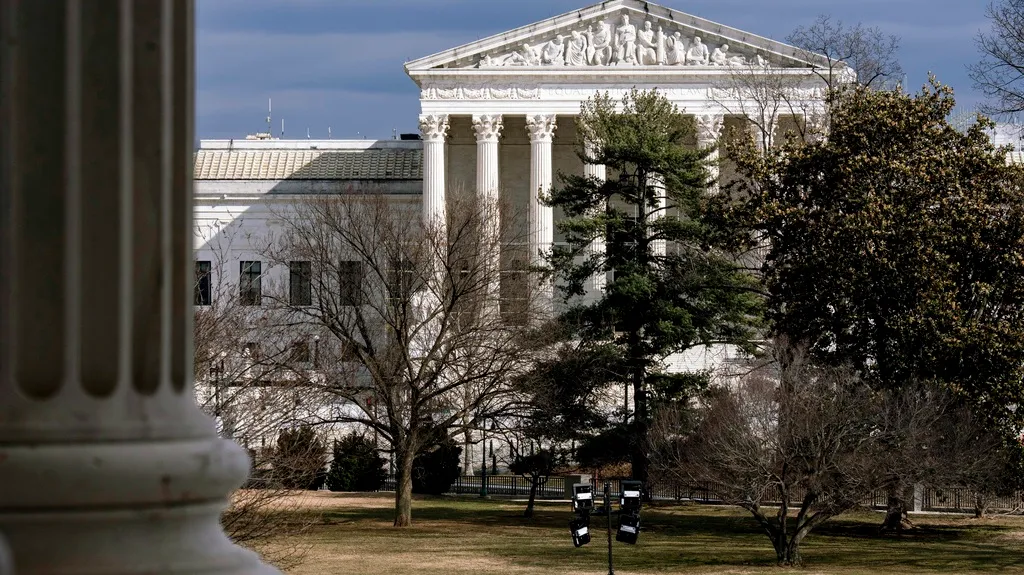November 23, 2011
AIDS Day 2011: Top Five HIV Vaccine Fears
Zachary Bloom READ TIME: 5 MIN.
When the HIV/AIDS first became known in the late 1970s and early 1980s, public health researchers reacted as they would to any new viral epidemic: they began work on a vaccine. This course of action had become so commonplace that when HIV was identified as the cause of AIDS in 1984, the Secretary of Health and Human Services predicted a vaccine within two years.
But as research continued, the difficulties posed by the unique structure and behavior of the HIV retrovirus made the creation of a standard vaccine all but impossible. Nearly thirty years later, no potential vaccine has been proven effective in clinical trials.
Nevertheless, progress is being made. Scientists are getting a better understanding of the obstacles that need to be overcome, and every year hundreds of millions of dollars are devoted to HIV vaccine research. The vast majority of that money comes from the U.S. government, as part of the much maligned foreign aid budget, with further contributions from private charities, notably the Bill and Melinda Gates Foundation.
Even though a vaccine is likely years away and will be an immeasurable step forward in medical history, we at EDGE got to thinking about the fears and controversies that such an advance could generate.
So here they are, the five most irrational fears of the HIV vaccine:
1. Autism. This fear is first on the list because it is inevitable. Arising almost entirely from a discredited 1998 study promoted by a single quack doctor, the belief in a connection between vaccines and autism nonetheless has millions of adherents.
Since most cases of HIV are contracted through sexual contact, children would likely not need to be vaccinated against the disease until early puberty, well past the onset age of autism. Such a vaccination schedule shouldn't stir up the anti-vaccine faithful, but the fuss they made about the HPV vaccine suggests that they will make their objections known.
2. Promiscuity. As often happens with medical advances that reduce human suffering while increasing the safeness of sex, a certain segment of the population is certain to object to an HIV vaccine, claiming that it will increase promiscuity. Their logic is less than clear, but the gist of their argument is that sex is meant to be monogamous, and any medical intervention that makes sex with multiple partners more appealing is inherently bad.
Of course, this fear neglects the plight of rape victims and sex workers, many of whom are slaves. The vaccination of even a single uninfected sex worker has the potential to save hundreds of lives. Also, the implication that we all need the threat of terminal illness to ensure our good behavior is, well, unnerving.
3. Accidental infection. Many Americans remember the case of Ryan White, the Indiana middle-schooler who contracted HIV from a tainted blood transfusion. They also hear news stories about the elevated infection risk among intravenous drug users, so at first glance it seems reasonable for them to fear accidental infection from an HIV vaccine. But this fear, like the fear of vaccine-related autism, stems from a misunderstanding of how vaccination works.
Essentially, a dead or severely disabled version of a virus is injected into the body, allowing the immune system to familiarize itself with and prepare defenses against a possible encounter with a living virus. In fact, one of the main obstacles currently being researched is how to create an impotent strain of the virus that the body still recognizes as HIV.
And, of course, the danger of injecting patients with live HIV makes certain that accidental infection will not be a serious cause for concern. But memories are potent, and with survivors of tainted blood transfusions like Magic Johnson still living with HIV/AIDS, many uninfected individuals will be hesitant to inject themselves deliberately with the virus, no matter how safe their doctors know it to be.
4. Discrimination. This is the least irrational fear on the list, and could even be validated with the right policy missteps. Many serious questions would be raised by the advent of an HIV vaccine. Would gay men be likely to judge their partners based on vaccination status? Would the FDA recommend across-the-board HIV vaccination, or would it selectively recommend vaccination to high-risk communities? Would colleges require proof of an HIV vaccination, much as they now require proof of vaccinations for meningitis and hepatitis?
These questions all address legitimate concerns about privacy and discrimination, but all seem manageable. Current law provides for stringent confidentiality regarding HIV status, and there is little reason to believe that an HIV vaccine would undo that law. On the other hand, the issue of discrimination is important and tricky, especially if vaccination status, which can be disclosed in some cases, comes to be seen as a proxy for infection status.
Public policy will have to balance a strong pro-vaccine campaign with clear anti-discrimination legislation to protect those who are unvaccinated or HIV positive. And members of the gay community will have to ask ourselves if vaccination status is a reasonable trait on which to judge our partners. Poor judgment on any one of these fronts could slow vaccination efforts by years.
5. "Unknown unknowns". To paraphrase the inadvertent wisdom of Donald Rumsfeld, people will always fear the "unknown unknowns, the ones we don't know we don't know." The characteristics of HIV that make vaccine development so difficult are the same ones that make the virus so terrifying.
It evolves more quickly than our immune systems can develop defenses against it, it kills almost everyone it infects, and it does so by attacking the very cells meant to fend off infection. Researchers believe they have identified many if not most of the obstacles to a successful vaccine, but HIV's interactions with the human body are so complex that we likely still do not understand them fully.
Thus, a vaccine based on an incomplete understanding of the virus could lead to serious immune system side effects such as leukemia or autoimmune disorders. While all vaccines do have a very low risk of serious side effects, the unknown unknowns tend to be much less dramatic than we imagine them to be. This is largely because in order to get FDA approval, all vaccines must pass rigorous double blind trials involving tens of thousands of patients.
If a potential vaccine did cause life-threatening illness, it would be noticed long before it would be available to the general public. And, most importantly, the advances needed to produce a vaccine will demand a better understanding of both the HIV virus and the immune system, meaning that the number of unknowns will be so greatly reduced that fearing them will be irrational.
If you'd like to learn more about current research on HIV vaccination, visit the website of the HIV Vaccine Trials Network, www.hvtn.org.
Zachary is a recent graduate of UMass Amherst, where he studied English, Creative Writing and Spanish. He lives in Boston.







